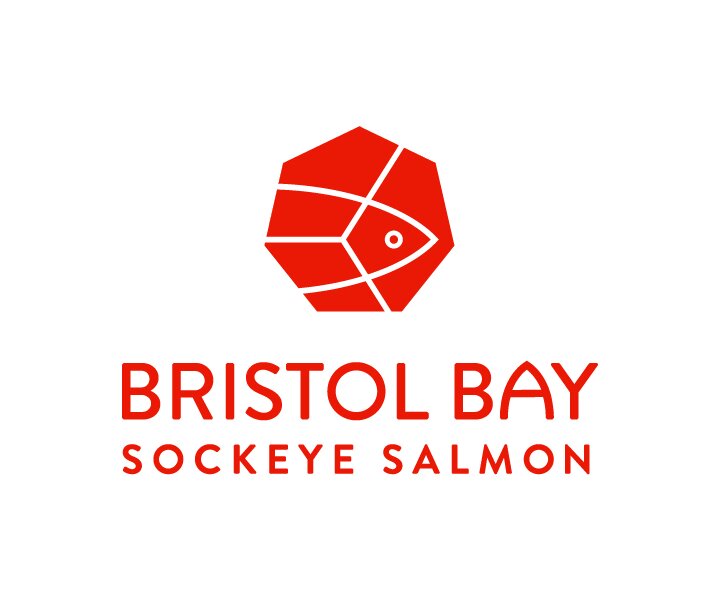A handful of our members have expressed concern about consumer perceptions related to the Fukushima nuclear plant explosion and released radiation in the Pacific. In order to anticipate and respond to any widely held concerns about Fukushima radiation that may arise, the BBRSDA is actively tracking developments among testing agencies, consulting closely with ASMI, and keeping its members informed.
Here is some updated information for Bristol Bay fishermen and direct marketers about potential effects of radiation released in Fukushima, Japan.
JUNE 2014
On Friday, June 27th, the State of Alaska released the results of radiation testing of seafood from across the state, including from Bristol Bay. No radiation from the Japanese Fukushima Nuclear Reactor was detected. Here is the story as reported by KDLG.
Here is the data as provided by the State of Alaska and here is the news release provided by the state.
For more detailed information on the analyses, visit DEC’s website:http://dec.alaska.gov/eh/Radiation/index.html.
For more information on Alaska-specific information about Fukushima-related radiation exposure, visit DHSS’s website:http://www.epi.hss.state.ak.us/eh/radiation/default.htm.
APRIL 2014
Research carried out for the BBRSDA indicates that, overall, scientists and food supply experts have very little concern about the effects of Fukushima radiation on the U.S. seafood supply, including from Pacific wild fish stocks. Thus far, observed Fukushima-related isotope traces are far too low to warrant concern.
- Testing of various species of fish in the Pacific has shown that all are safe to eat, with the sole exception being fish from the Fukushima province itself. Far-ranging bluefin tuna have been tested off both Japan and the West Coast, and shown to contain levels of radiation that fall far below levels of concern.
- Loki Fish Co. of Seattle, Washington performed its own small-scale test, using seven different varieties of fish obtained in Alaska. Five of them had no traces of Fukushima isotopes (one was a Bristol Bay Sockeye), and two had nearly nonexistent levels. Vital Choice Seafoods have tested its sources three times for Fukushima radiation and found little or no trace. Study is also being carried out at UC Berkeley. One of its recent reports looked at the change in radiation levels of sockeye salmon caught on the Kenai River between 2011 and 2013. There was a noticeable effect in 2011, but it has dissipated since, and never did reach levels that would trigger concern.
- Out of an abundance of caution, the Alaska Department of Health & Social Services is collecting and testing samples from 20 species of fish in 2014, including chum, silver, sockeye, and king salmon.
- Bristol Bay salmon will be among those tested, and test results will be available approximately 4-6 weeks after the season ends. If any Fukushima-specific isotopes are detected above minute levels, then a second round of testing will occur. In the event that a second round of sampling and testing is undertaken, we have offered to assist in obtaining financial or logistical support.
- The Alaska State Veterinarian also runs a fish-monitoring program testing for heavy metals and contaminants in all Alaskan fish. You can explore the results on their page here: http://dec.alaska.gov/eh/vet/fish.htm.
Bristol Bay Sockeye is a super-food. Because sockeye are not a predatory fish, they do not accumulate radionuclides or other toxins (like mercury and heavy metals) from the food chain. Sockeye are also a fantastic source of protein, antioxidants, omega-3 fatty acids, and healthy fats. Experts agree that the health benefits of eating Bristol Bay Sockeye far outweigh any health-related concerns.
We are happy to provide more detailed information on data-sourcing to interested parties. Download this briefing (plus additional information): BBRSDA Fukushima Update, April 2014.




